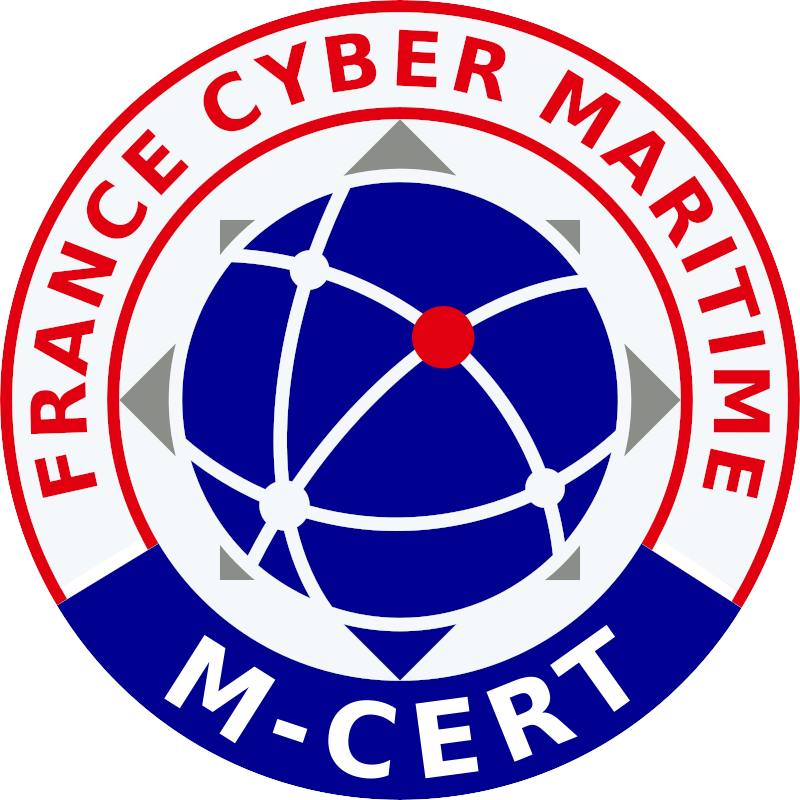
 ADMIRAL dataset
ADMIRAL dataset
| Index Number: |
| Title: |
| 2011_005 |
| Drug dealers hijack a Cargo Community System during two years to allow customs clearance for [...] |
| Day | Month | Year | Country | Activity | Incident Type |
|---|---|---|---|---|---|
| XX | N/A | 2011 | Netherlands | Port | Physical hijack |
Ports are using IT systems to monitor and manage the movement of containers and the goods they transport. A notorious drug-smuggling operation was revealed, showcasing the potential links between cybercrime and drug trafficking. A group of traffickers commissioned "hackers" to penetrate these systems. The cyberattack aimed to ascertain the exact locations of containers, making it possible for the traffickers to discreetly retrieve narcotics mixed with genuine cargo.
According to sources, the operation unfolded over two years, starting with hackers sending malicious software via emails to staff. This was followed by more advanced methods like breaking into the premises to install key-logging devices. This modus operandi permitted them to monitor keystrokes and screen activity. While the total volume of drugs transported remains undetermined, a significant seizure included over a tonne of cocaine, worth around €130m, a suitcase containing €1.3M. A separate event that drew attention was an attack on a lorry driver, unrelated to the conspiracy, who was mistakenly believed to have transported a container filled with cocaine.
The port also had to pays amounts to compensate for the loss of containers, and to strengthen its security measures.
Port of Antwerpen
N/A
Crime
Integrity